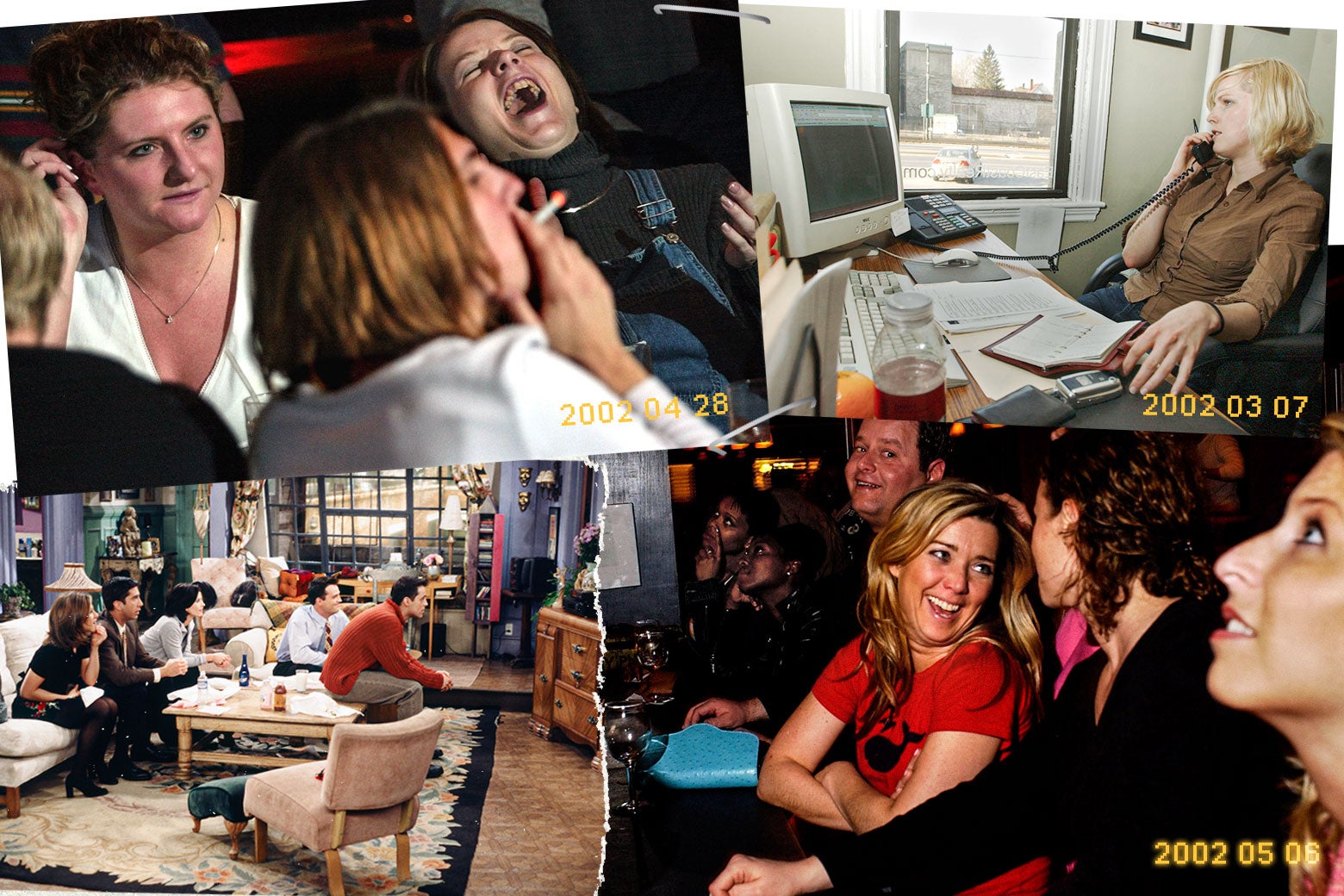- cross-posted to:
- [email protected]
- cross-posted to:
- [email protected]
TL;DR (by GPT-4 🤖):
- The author reminisces about life before the ubiquity of cellphones and the internet, particularly focusing on the after-work hours.
- The concept of being unreachable after work hours is alien to younger generations who are constantly connected and expected to be available at all times.
- The author and his peers recall the days when work emails didn’t exist, and work communication was restricted to work hours only.
- The article highlights how the growth of remote work and the pandemic have blurred the boundaries between work and personal time, with a survey suggesting that U.S. workers were logged into their employers’ networks 11 hours a day in 2021, up from 8 hours pre-pandemic.
- The author interviews people of his age group about their experiences around 2002, when they were about 27 years old. They recall waking up just in time for work, commuting with newspapers or books, and using work phones for personal calls.
- After work, they would engage in activities like swing dancing, improv classes, or simply visiting friends. Plans were made over the phone or via work email, and people were less likely to flake as there was no option to send a last-minute text.
- They recall the days of watching whatever was on TV, renting movies from Blockbuster, and playing games on their desktop computers.
- The article concludes with a reflection on how different life was before the internet and cellphones became a constant presence in our lives.



In 2002 I was working for an Internet company (Genuity), had a cell phone in my pocket at all times (this one: https://mobile-review.com/phonemodels/sonyericsson/image/t68i-1.jpg), and had cable broadband (1.5MBs) at home. When I bought my first house (condo) at the time I specifically selected a location that had high speed Internet because being without it would be unbearable! I remember telling the real estate agent that I would only buy a house that had high speed Internet and she looked at me like I was crazy! I’m sure she was thinking, “Like that’s important. What a weirdo!”
I guess what I’m saying here is that the people mentioned in the article were out-of-touch scrubs! It wasn’t as bad as they described. My friends and I would all chat with each other online to coordinate and we’d show up at various events/locations (people’s houses, concerts, theaters, etc) with tickets already paid for (usually over the phone though because not every venue had it but TicketMaster let you buy tickets over the phone since like the 1980s).
It definitely did feel like a VIP experience a lot of the time showing up with your group of friends (all in our early 20s)–bypassing the often enormous ticket line–then proceeding to walk up to the bouncer/ticket people and just giving them our names which they would verify by checking a printed list that was attached to a clipboard with a white sheet of blank paper over it to hide the names (so people couldn’t just glance at it and say, “that’s me!”). A few years after 2002 such tickets finally started getting bar codes and it became a bit less, “VIP” hehe.
What I’m saying was that all these things and more were available to the people in the article and they weren’t expensive “luxury” features that only the rich could afford. They were available and advertised extensively for everyone to use. It’s just that these folks in the article were just like soooooo many people at the time and just refused to explore or try things out on the Internet. They saw URLs (and AOL keywords, LOL) in ads and it probably didn’t even register in their brains. They were probably also afraid to buy things online (a very, very common attitude back then).
These people were the early Gen Xers that would be dumbfounded when you’d ask them for their address to get to their party/event/whatever and you’d have to interrupt them when they’d start rambling off complicated landmark-based directions, “No… I just need the address.” (because you were going to just print out directions using MapQuest). Then you’d be the only person to show up to the party on time because you were the only one that didn’t have to navigate via landmarks (“Go three stoplights and make a right after the Sunoco station…”).